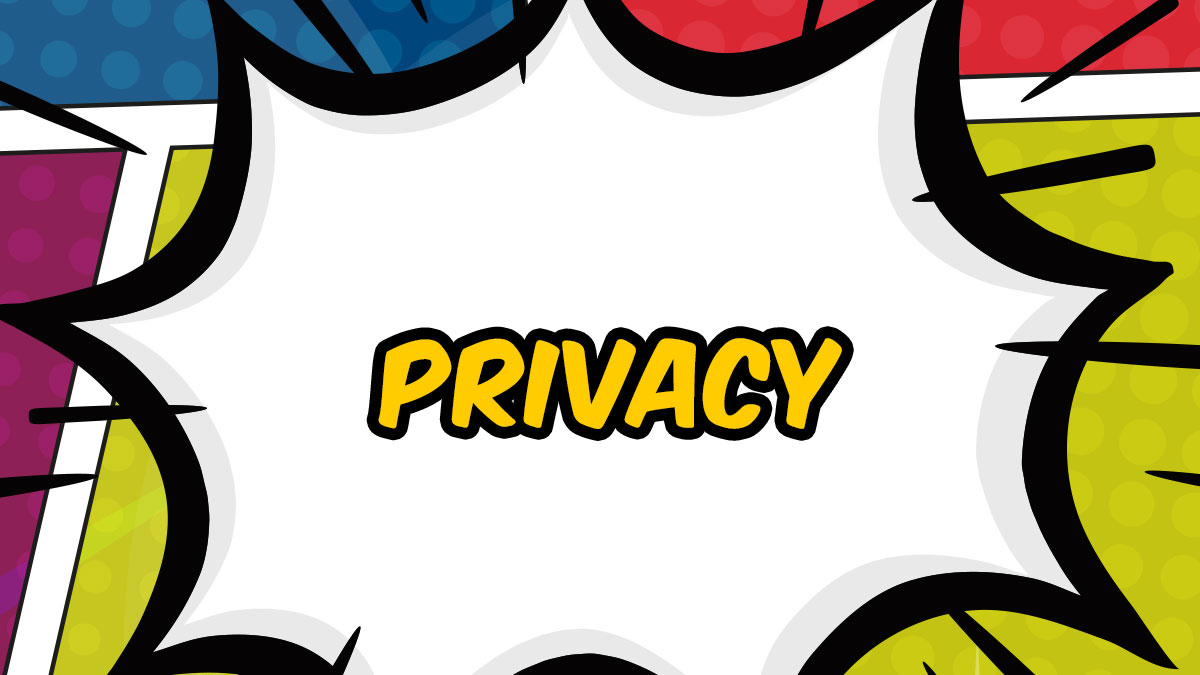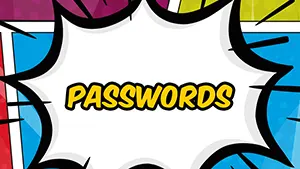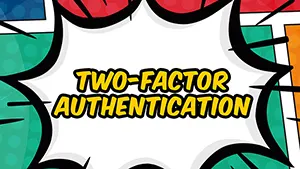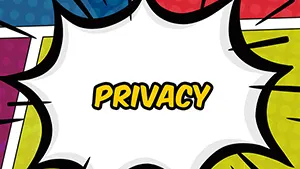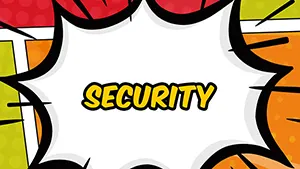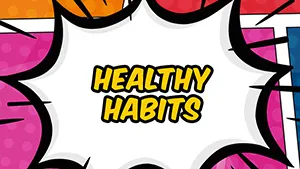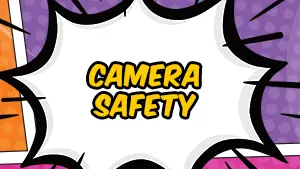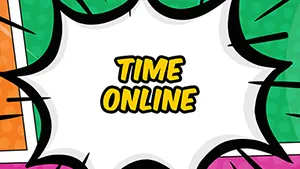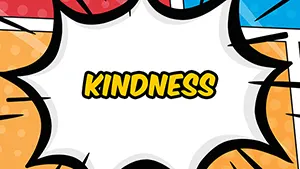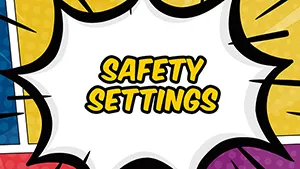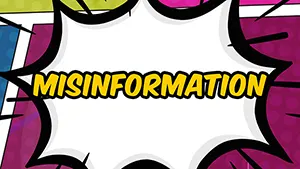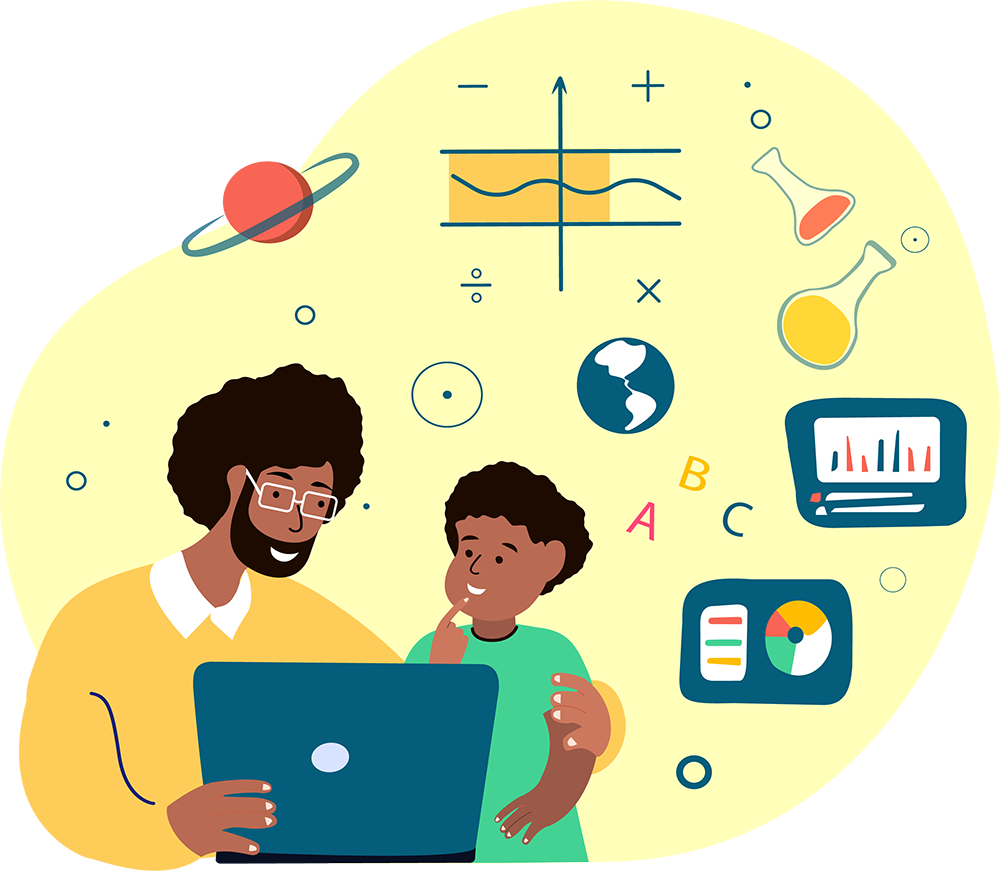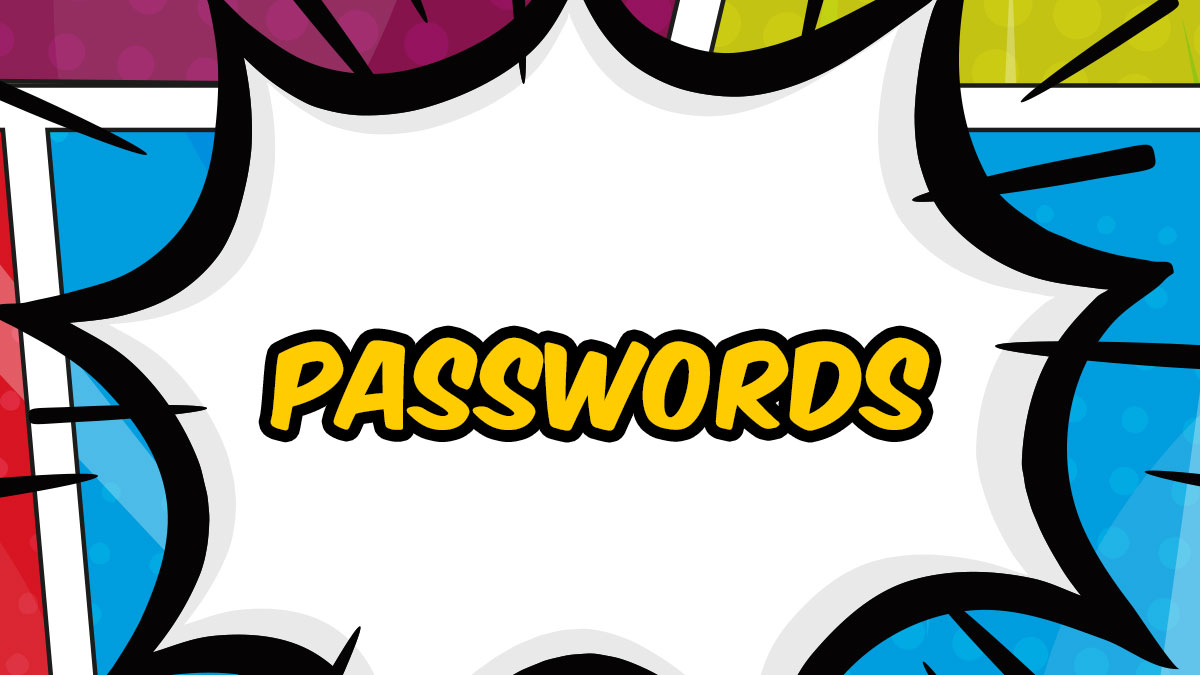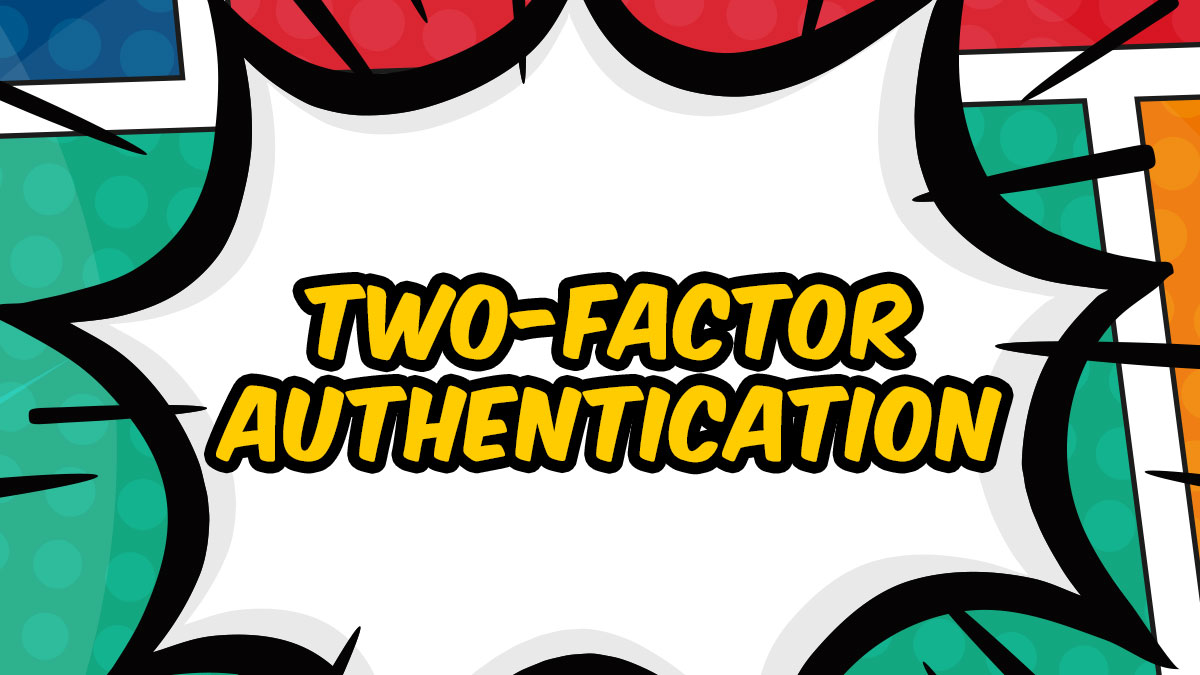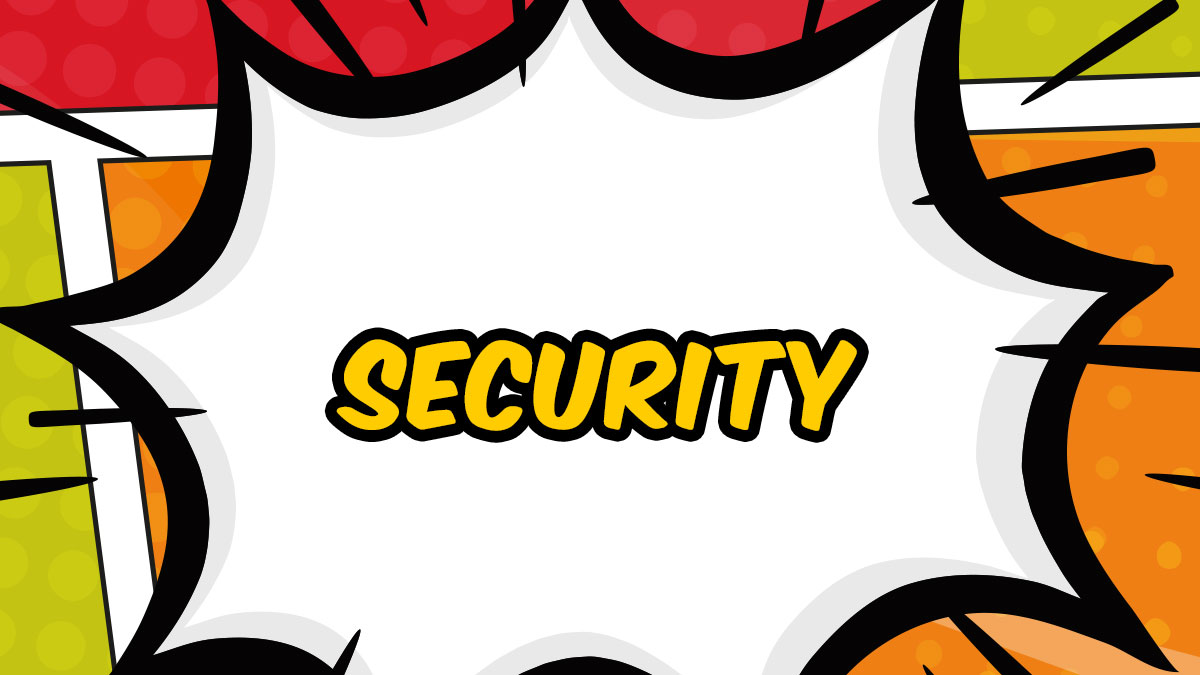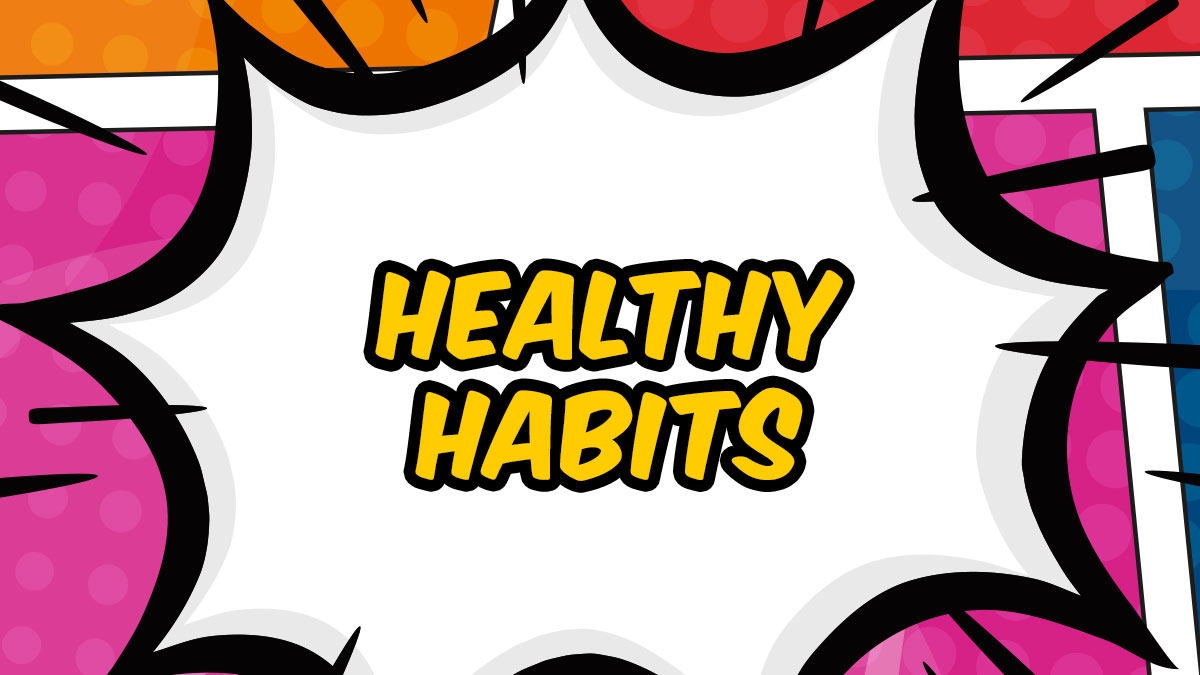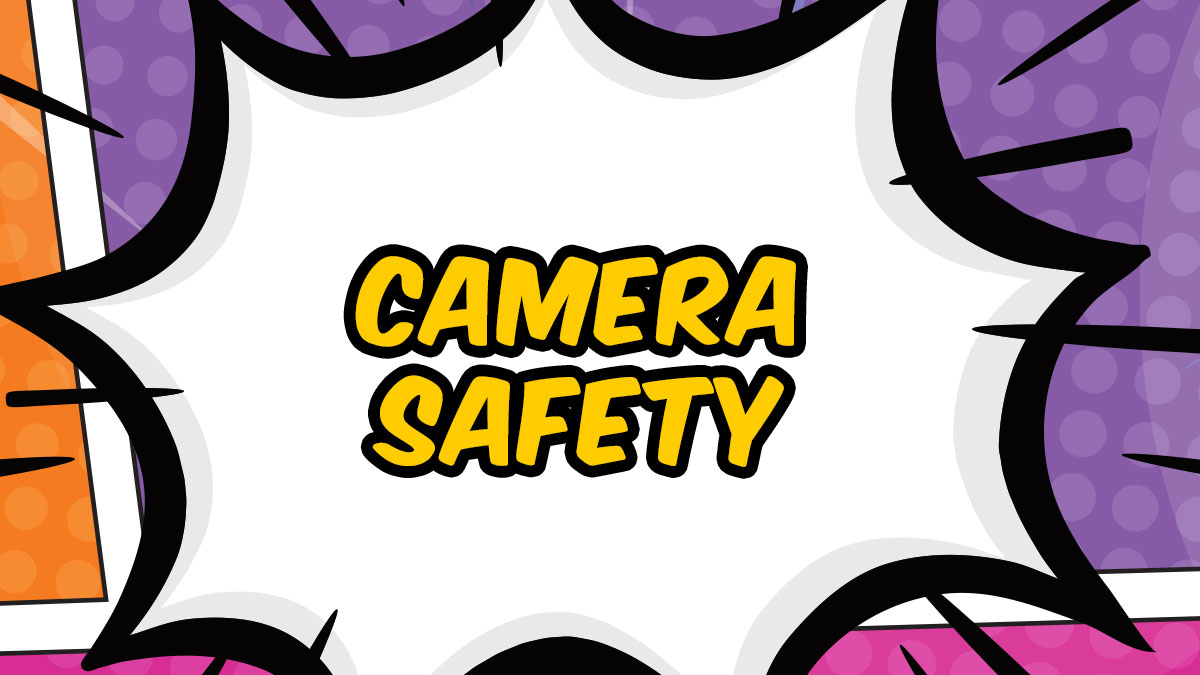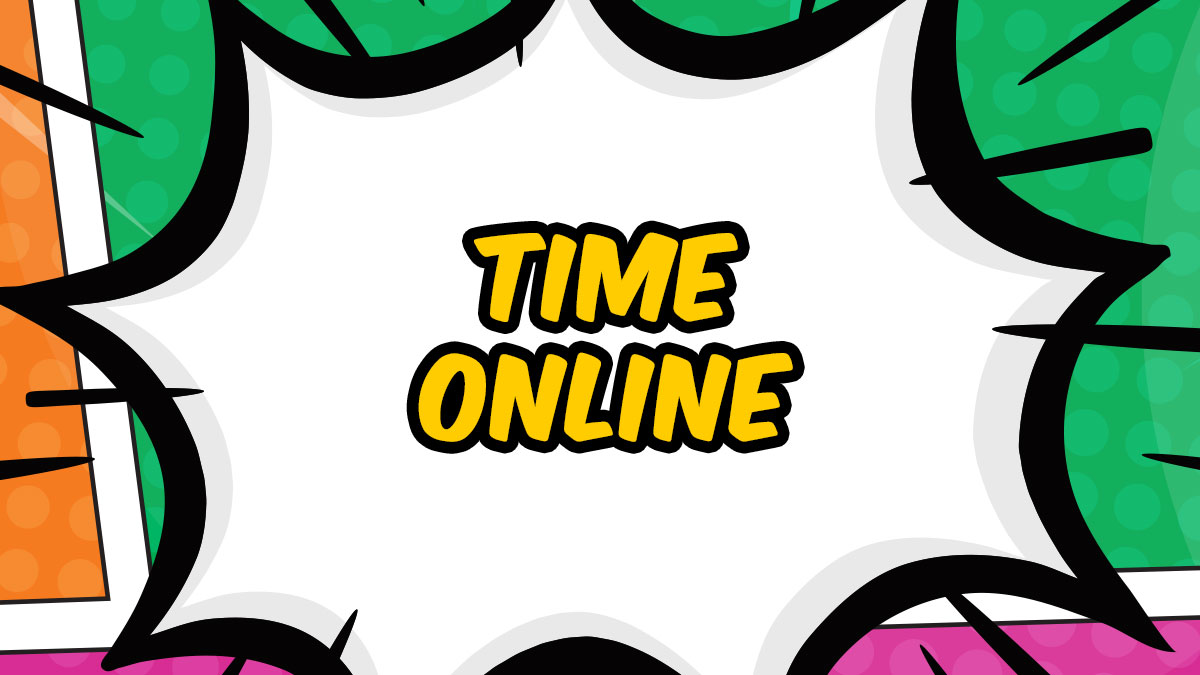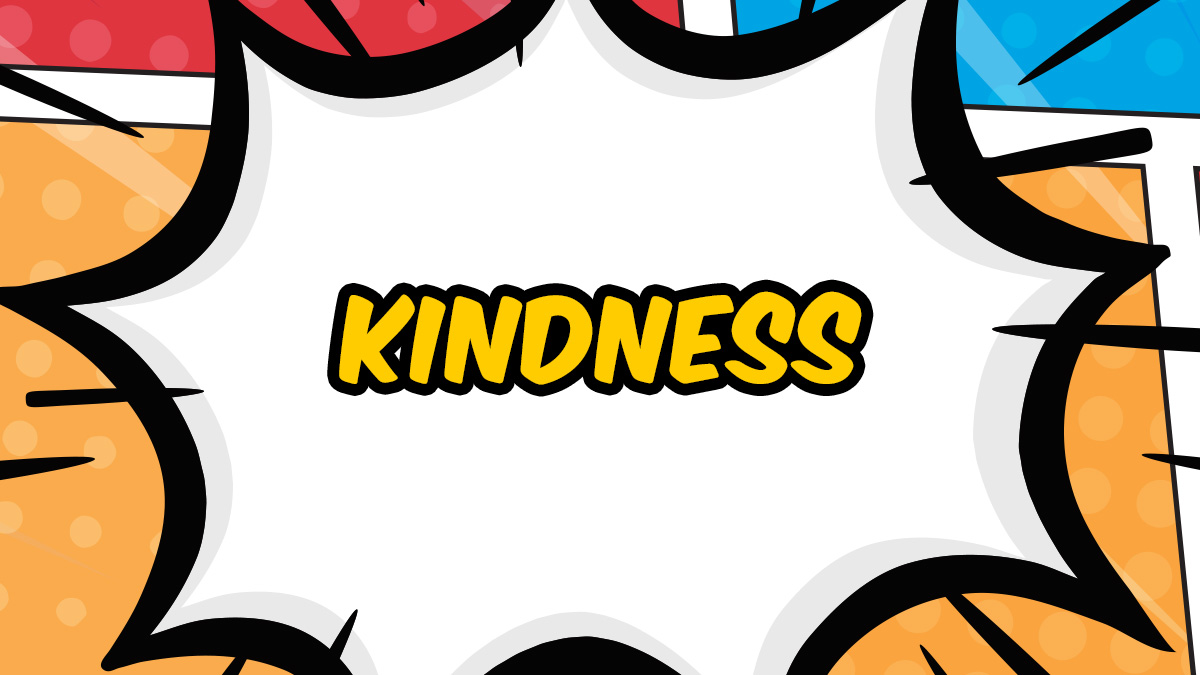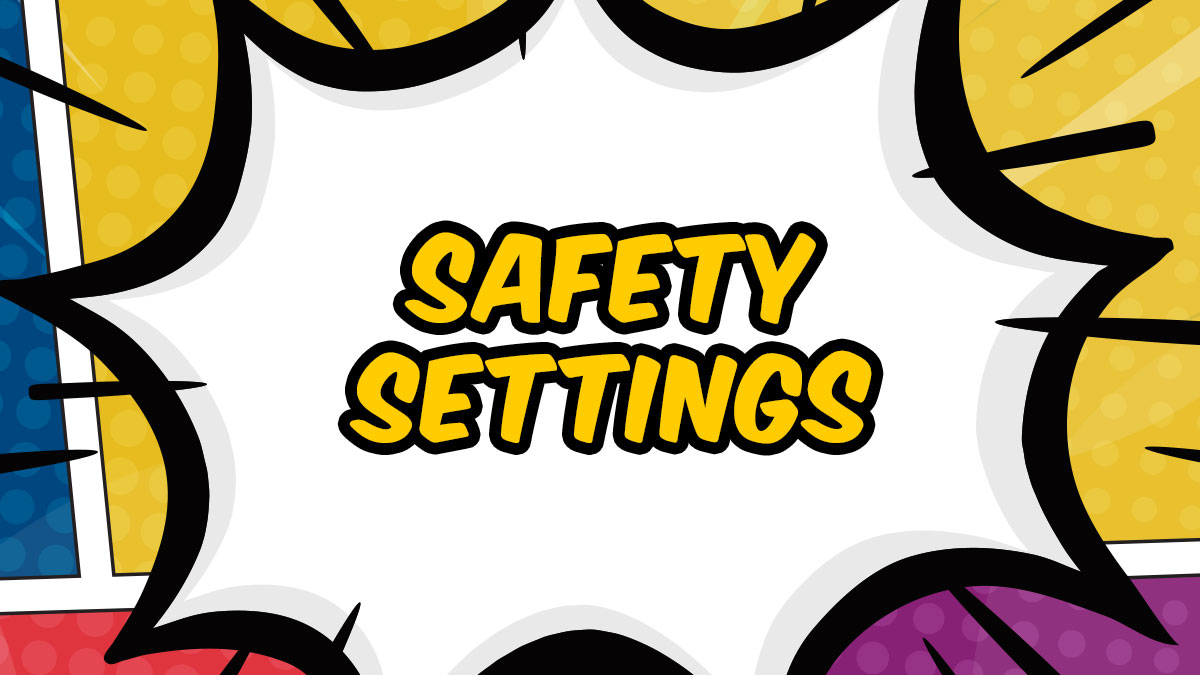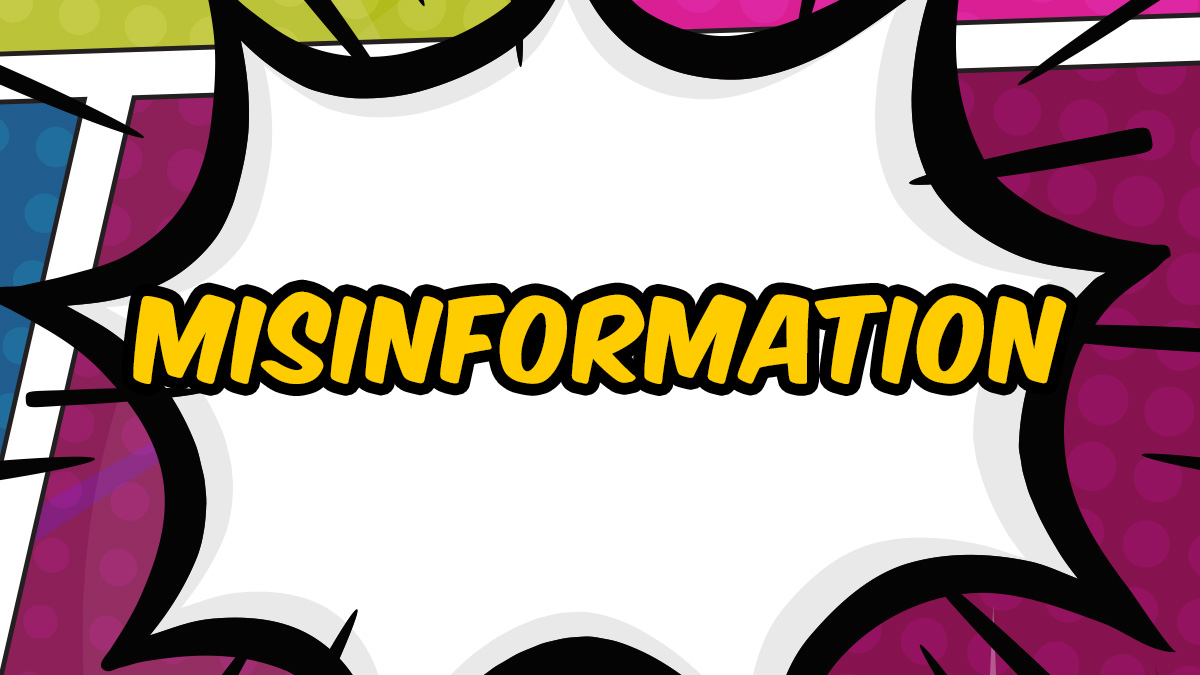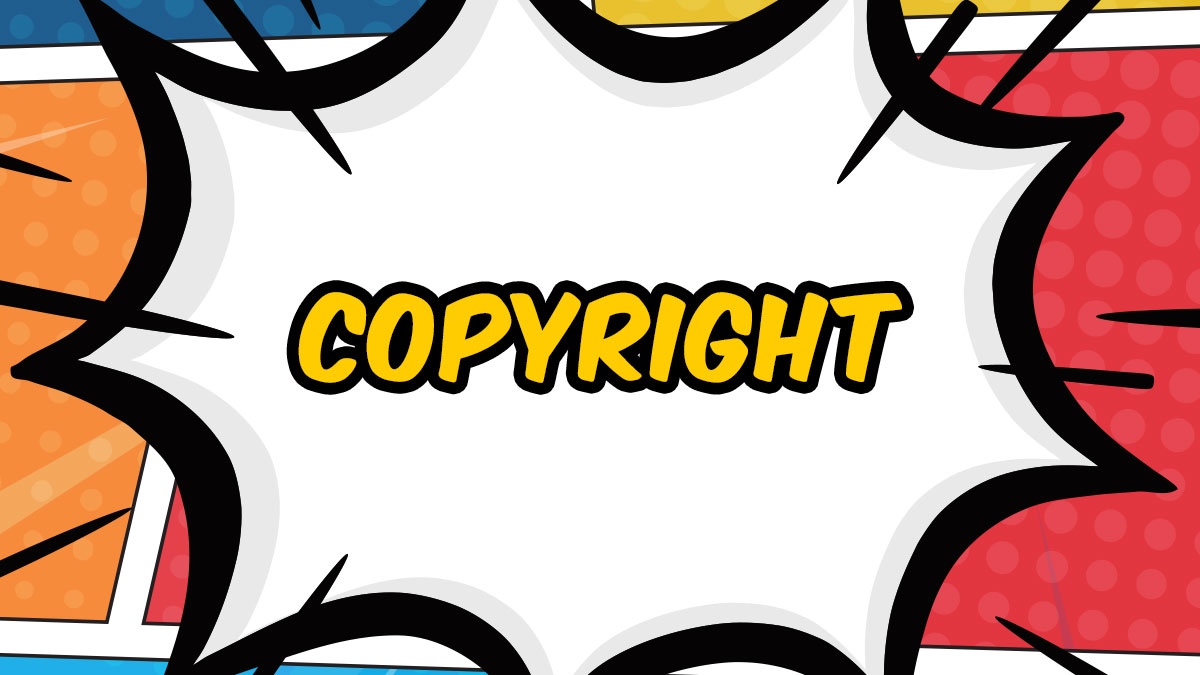- Home
- /
- For Kids
- /
- Cyber Academy
- /
- Privacy
Privacy
Key Learning Objectives
- Understand what personal information online means and its permanency
- Learn 4 ways to practice strong privacy skills
Just 4 steps to complete the episode!
- 1.Watch the short 3-minute animated video with the children. Play it a few times!
- 2.Discuss the video with the children using our conversation guide to help you.
- 3.Ask each child to complete the Kahoot! Quiz below.
- 4.Print the Activity Sheet below as homework for the children.
STEP 1
How to Protect your Privacy Online
STEP 2
Conversation Guide
Useful questions and answers to help you guide the conversation with kids
What are your favorite apps and games?
How do they work and why are they your favorite?
How much does it usually cost to download apps and games?
To register on the app, you have to give some personal information. Things like your name, date of birth, location, home address, email address. Then once you are logged into the app or game, everything that you do is information that the app/game company can see and use. (Your photos, videos, things you like, what you comment on, things you say to others, who your friends are).
Plus, don’t forget in app-purchases. Often an app or game has things that you like but you must pay for.
All this information belongs to you and is about you. It tells a story about who you are; it’s your private and personal information.
When you comment or share something online – how long does it stay on the internet for?
It stays there forever.
What if you delete it?
What four privacy skills will protect your personal information from getting into the wrong hands?
- Stick to apps that are safe (check the reviews and ratings of apps and games– do some research)
- Think before you share or say anything online. Don’t ever feel pressured into giving away personal information (photos/videos/money) to someone online– friends or strangers. Always talk to a grown up if you are worried.
- Use Privacy settings on every app and game. (That way only people you know can see what you do.)
- Respect other peoples’ privacy. Never share a photo or video of someone if you don’t have their permission. Ask them first. They will ask you too. It’s a respect thing.
STEP 3
Take the Kahoot! Quiz
STEP 4
Homework Activity Sheet
This is a great homework activity for children to challenge their skills, reinforcing what they have learned.
Did you like the Privacy episode?
We would love your feedback! Our goal is to deliver the Cyber Academy program to as many children around the world as possible. If you have completed this episode with children at home or in school, then you are helping us reach our global goal!
- Home
- /
- For Kids
- /
- Cyber Academy
- /
- Privacy
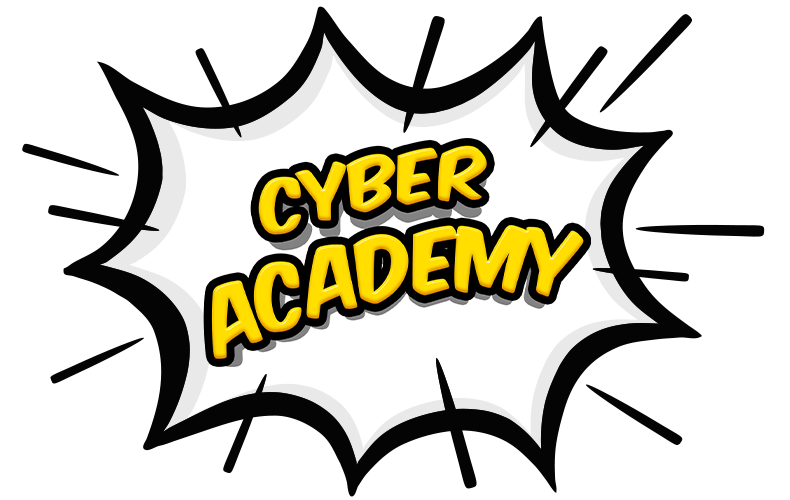
The Internet Safety Series for Kids age 7-10
2 NEW EPISODES and more episodes coming soon
Start an episode today!
Each episode consists of:
- A short three-minute animated video
- A conversation guide to support teachers/parents (It’s basically a Q&A for kids)
- A Kahoot! Quiz to reinforce the learning
- A popular and fun activity sheet; a great homework activity to engage all the family at home.
Passwords
Understand what a password is, why it’s important and learn 3 password skills to keep you safe and secure.
2-Factor Authentication
Understand Two-Factor Authentication (2FA) and how it can protect your accounts online.
Privacy
Understand what privacy online really means and learn 4 privacy skills to protect you and your information online.
Security
Learn why and how to keep your information secure online; plus 6 ways to practice strong security skills.
Healthy Habits
Understand why it is important to have healthy habits when using the internet and learn 7 healthy habits.
Camera Safety
Understand what information is gathered when a photo is taken and shared plus learn 5 camera safety skills.
Time Online
Understand what quality time online really means and learn 4 skills to make the most of your time online.
Kindness
Understand the true meaning of kindness, why it’s important and learn important skills to deal with unkindness online.
Safety Settings
Understand the importance of safety settings and learn how to set up 5 safety setting features.
Misinformation
Understand what misinformation is, why it exists and learn 5 important skills to help you spot it.
Copyright
Understand what copyright is and how to find permissible content when working on a creative project.

